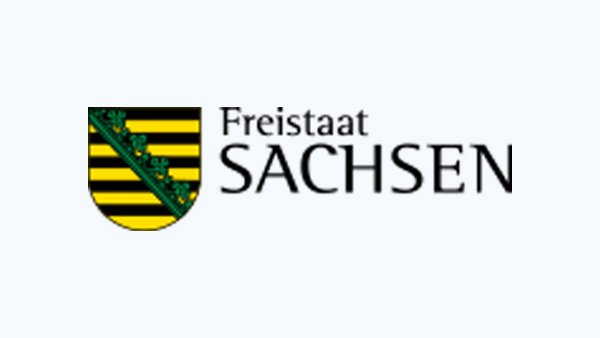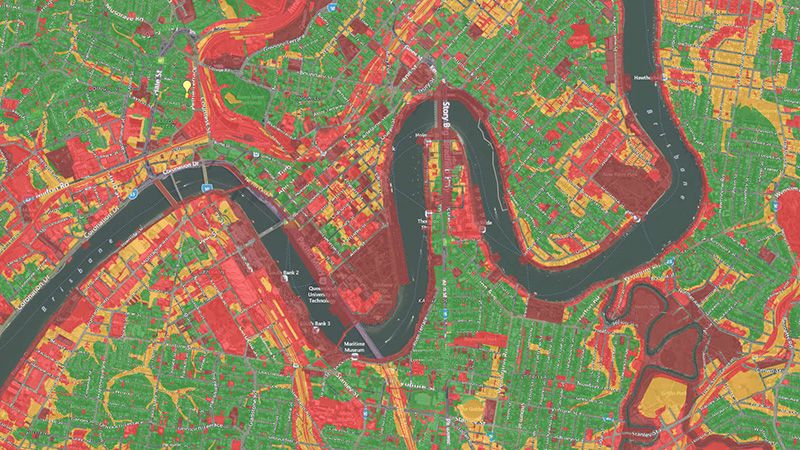The right tools provided Gävle with essential standardisation

The key to digitalisation
Digitalisation often is associated with innovative start-up companies and large-scale public projects. It rarely implies the processing of data that is already being managed in most Swedish municipalities at the current time.
However, if you think about it, where could efficiency be improved the most? In projects concerning new and untried solutions or in reducing the workload required to manage already existing data? Gävle Municipality started draining the data swamp in earnest. Part of this effort includes publishing datasets as open data.
– Previously, the support staff in Gävle Municipality had to go looking for data. Now they can simply download it, which saves time, says Niklas Forsberg, who is employed at a consulting company but in practice acts as the project manager in Gävle Municipality.
Marie Nilsson, who is in charge of digitalisation in Gävle Municipality, provides the bigger picture:
– Data is the new gold and we have many sources of data that we want to make public both internally and for others. We are working to ensure that the data we have is of high quality, she says.
All kinds of different users
Gävle Municipality has chosen to work with open data to publish various data sources. Both Marie and Niklas are careful to limit the use of open data. It is not about replacing the existing systems, but about open data complimenting them in order to make data available in a user-friendly way.
There are several different types of open data users, such as local or outside businesses, individual citizens and entrepreneurs, other municipalities and public authorities as well as Gävle Municipality’s staff itself. When the two data experts describe their experience of using the EntryScape tool from MetaSolutions to manage open data, a few key words recur: simplicity, clarity, support and, not least, standardisation.
– EntryScape makes it easy to follow the metadata standard. You are provided with the right tools and it is very clear what you can and cannot do with the product, says Marie Nilsson.
Following a certain type of standardisation is important for a number of reasons. Perhaps most importantly, it enables automated publishing to multiple platforms. This applies both to the Gävle Municipality and to third parties who download data and in turn republish it themselves.
Multiple platforms
Gävle Municipality publishes open data on four main platforms:
The term “data hub” refers to an easily accessible storage location for different types of data. Publishing to multiple platforms is made much easier by open data’s standardisation.
Marie Nilsson and Niklas Forsberg say that it would be possible to create custom tools to manage open data, but that this would take time and that they would have to ensure compliance with existing standardisation themselves.
As for support, it has been helpful during the few problems that have arisen. The overall experience is that technical work related to publishing data is simple.
– It takes a few hours to publish a data set, says Marie Nilsson.
The larger challenges occur early on in the process. Starting with identifying the datasets, informing data owners about working with open data, and in some cases having to convince them of the benefits, as well as identifying metadata, checking data quality and to some extent structuring the data that is to be published.
Niklas Forsberg has been promoting open data in the municipality and describes the differences when it comes to gaining approval for open data usage. Sometimes it can take up to three months of discussing before the data owners are on board. The hope, of course, is that things will get quicker once the benefits of open data become clear to more data owners.
Quick download
The work on open data in the Gävle Municipality really took off in September 2018. What has been achieved so far?
– We have reviewed about 70 datasets and published 46 of them. In some cases it has been inadvisable to publish, due to for example legal reasons, says Niklas Forsberg.
The published data has been put to use. From the beginning of 2019, all statistics of downloads and usage have been tracked via EntryScape.
The largest data source is called the Basemap of the Gävle Municipality. It includes many different types of geodata. Geodata is very popular. It includes everything from data on buildings to sledding hills and fitness trails.
Focus on simplicity
Now the focus lies not on creating new applications that make use of published data, but instead on making retrieving data easy. In terms of APIs, one has been developed for open data about schools, which is the most popular data source after the Basemap. It is likely that more APIs will be published.
It sounds like Marie and Niklas have been working hard on open data, does it not?
– I have been working less than half-time on open data, and three technicians have put in a total of maybe 20 hours a month, says Niklas Forsberg.
– I have spent maybe two percent of my working hours on open data, says Marie Nilsson.



